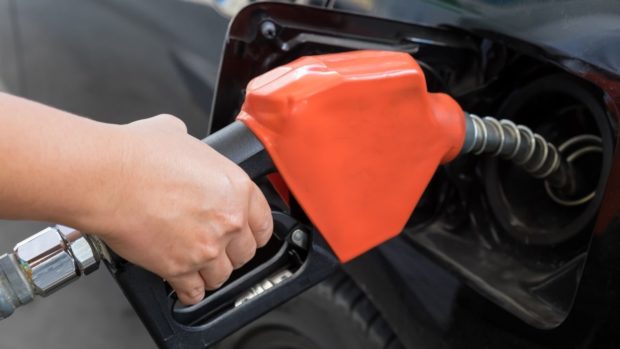
Airline passenger satisfaction remained high and stable this year, according to the International Air Transport Association (IATA), though the association suggested investing more in technology to meet customer demand. IATA collected more than 10,000 responses from 200 countries to compile its Global Passenger Survey 2024. The survey revealed passenger satisfaction for flying was 82% in 2024, the same rate as last year, but an improvement from 75% recorded in 2019.
Nick Careen, senior vice-president of operations, safety and security at IATA, said bookings, check-in and arrivals achieved a solid approval rating of more than 80% because of improvements in digitalisation, while the satisfaction rates for border controls and baggage collection were less than 66%, attributed to long queues. Mr Careen said the satisfaction rate ought to surpass 90% once the entire end-to-end journey -- from booking to boarding -- becomes fully digitalised. Only 46% of respondents used a biometric process at an airport in 2024.
The survey found speed and convenience remained the top priorities for passengers. Border controls could be improved by streamlining the visa process before the passenger reaches the airport, while a baggage delivery service should be made available prior to a passenger's arrival at the airport, according to IATA. In terms of investing to improve the passenger experience, he said airlines report a low net profit margin of US$6.
14 per passenger, causing budgets for technology investment to be more limited than aircraft investment -- typically a carrier's biggest expense -- as well as the budget for staff expenses. However, Mr Careen said airlines will continue to invest in technology if there is clear demand from customers and a return on investment. Government regulations are needed to provide support to the sector, he said.
One example that illustrates the improvements made over the past decade is passengers can now pass through security without any interaction with the airline, as check-in can be carried out remotely if a passenger only has carry-on luggage. The survey also found Generation Z are willing to use technology to improve their travel experience, much more than the poll average. Some 51% of passengers younger than 25 prefer to use a digital wallet for payment, compared with a total survey average of 21%.
In addition, 50% of Gen Z respondents want to utilise a biometric process, assuming the data is secure, greater than the total survey average of 39%. Mr Careen said advancements in biometrics and digital processes will eventually reduce costs for passengers in the future, allowing airlines to better tailor the customer experience. IATA held its World Finance Symposium and World Passenger Symposium in Bangkok last month.
.












